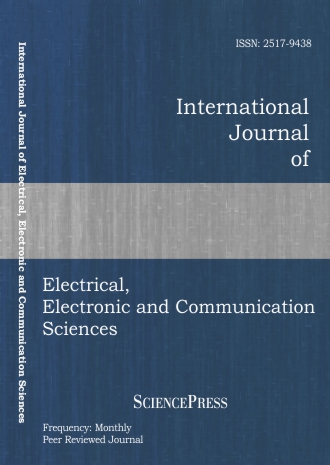
Scholarly
Volume:7, Issue: 12, 2013 Page No: 1677 - 1680
International Journal of Electrical, Electronic and Communication Sciences
ISSN: 2517-9438
Preliminary Evaluation of Passive UHF-Band RFID for Identifying Floating Objects on the Sea
RFID system is used to identify objects such as passenger identification in public transportation, instead of linear or 2-dimensional barcodes. Key advantages of RFID system are to identify objects without physical contact, and to write arbitrary information into RFID tag. These advantages may help to improve maritime safety and efficiency of activity on the sea. However, utilization of RFID system for maritime scenes has not been considered. In this paper, we evaluate the availability of a generic RFID system operating on the sea. We measure RSSI between RFID tag floating on the sea and RFID antenna, and check whether a RFID reader can access a tag or not, while the distance between a floating buoy and the ship, and the angle are changed. Finally, we discuss the feasibility and the applicability of RFID system on the sea through the results of our preliminary experiment.